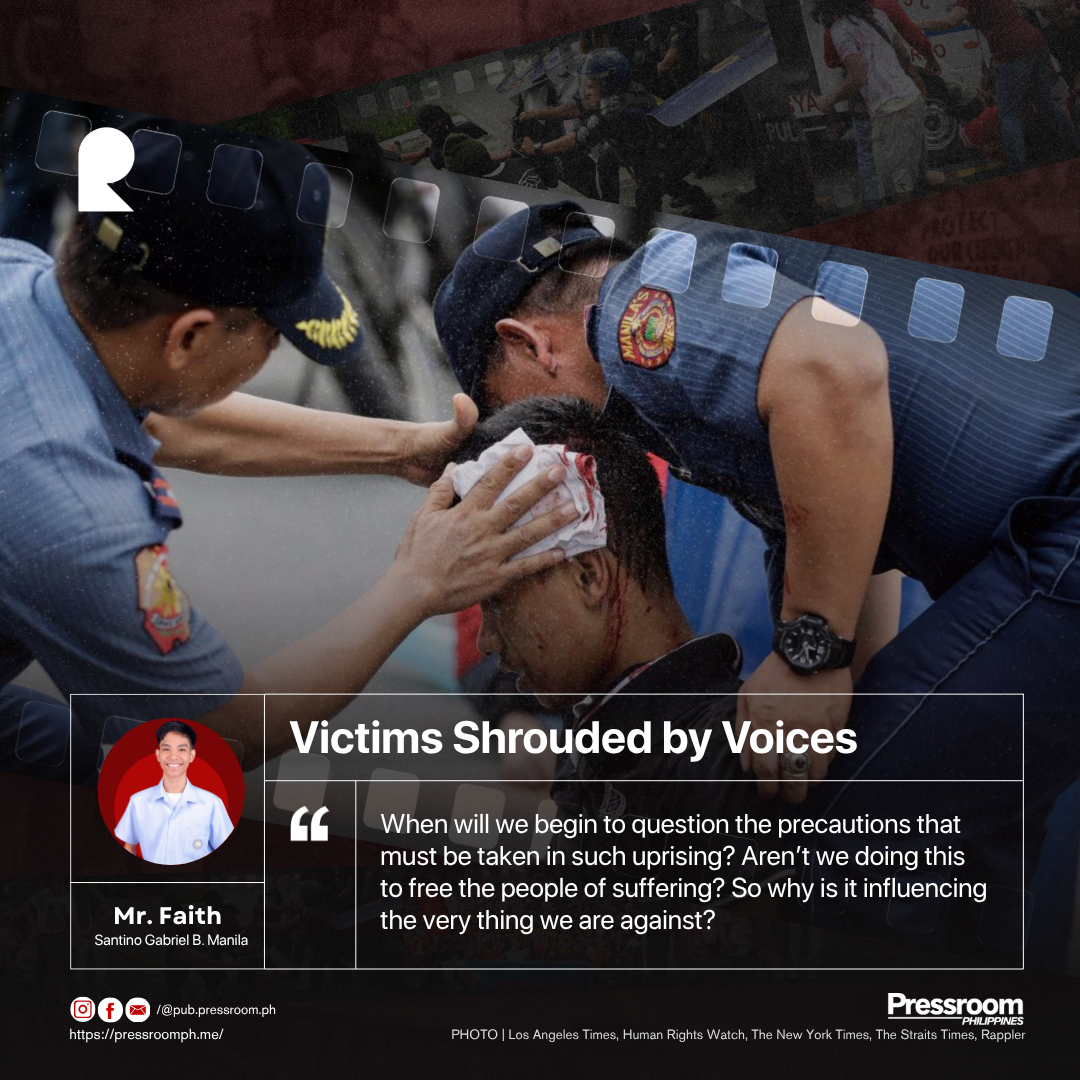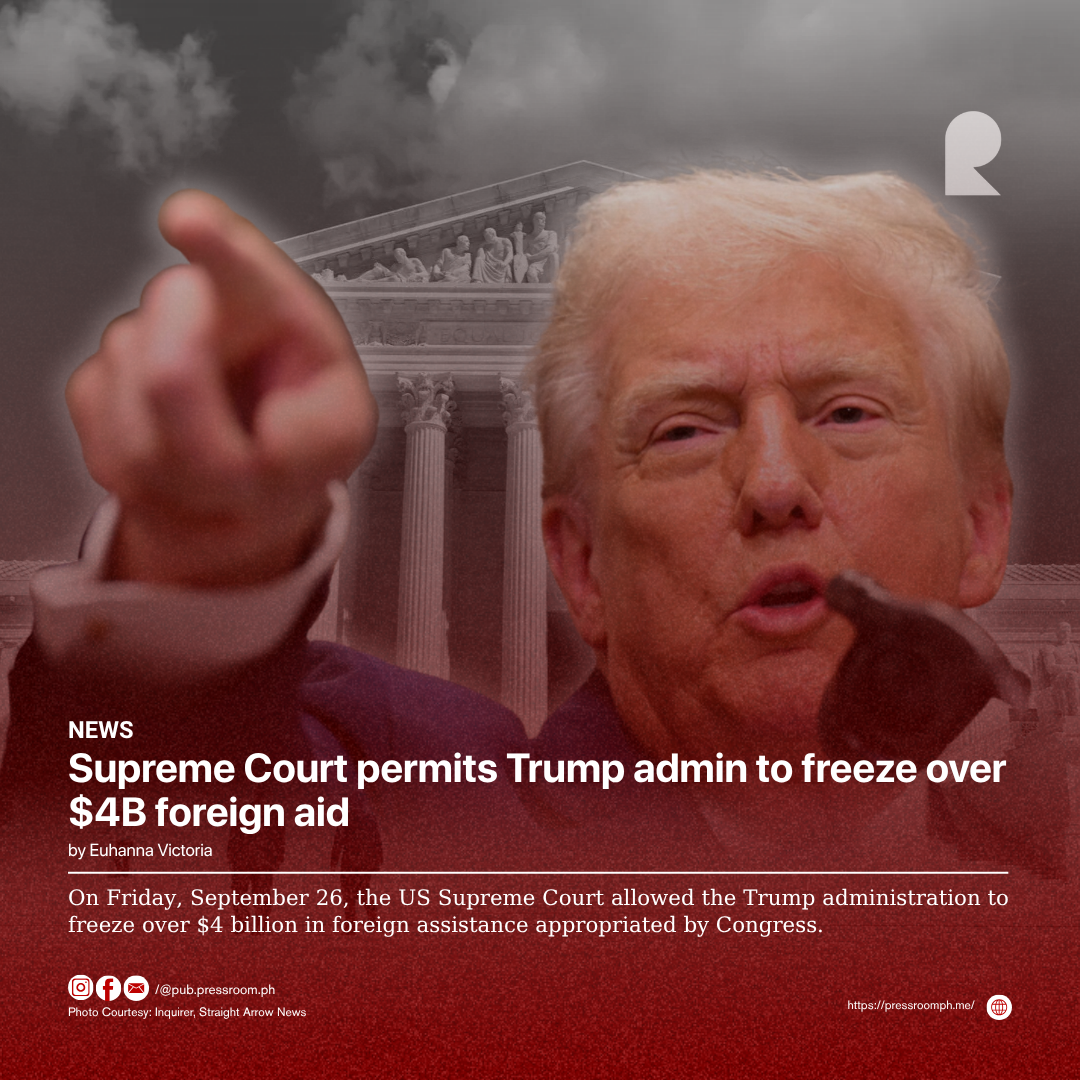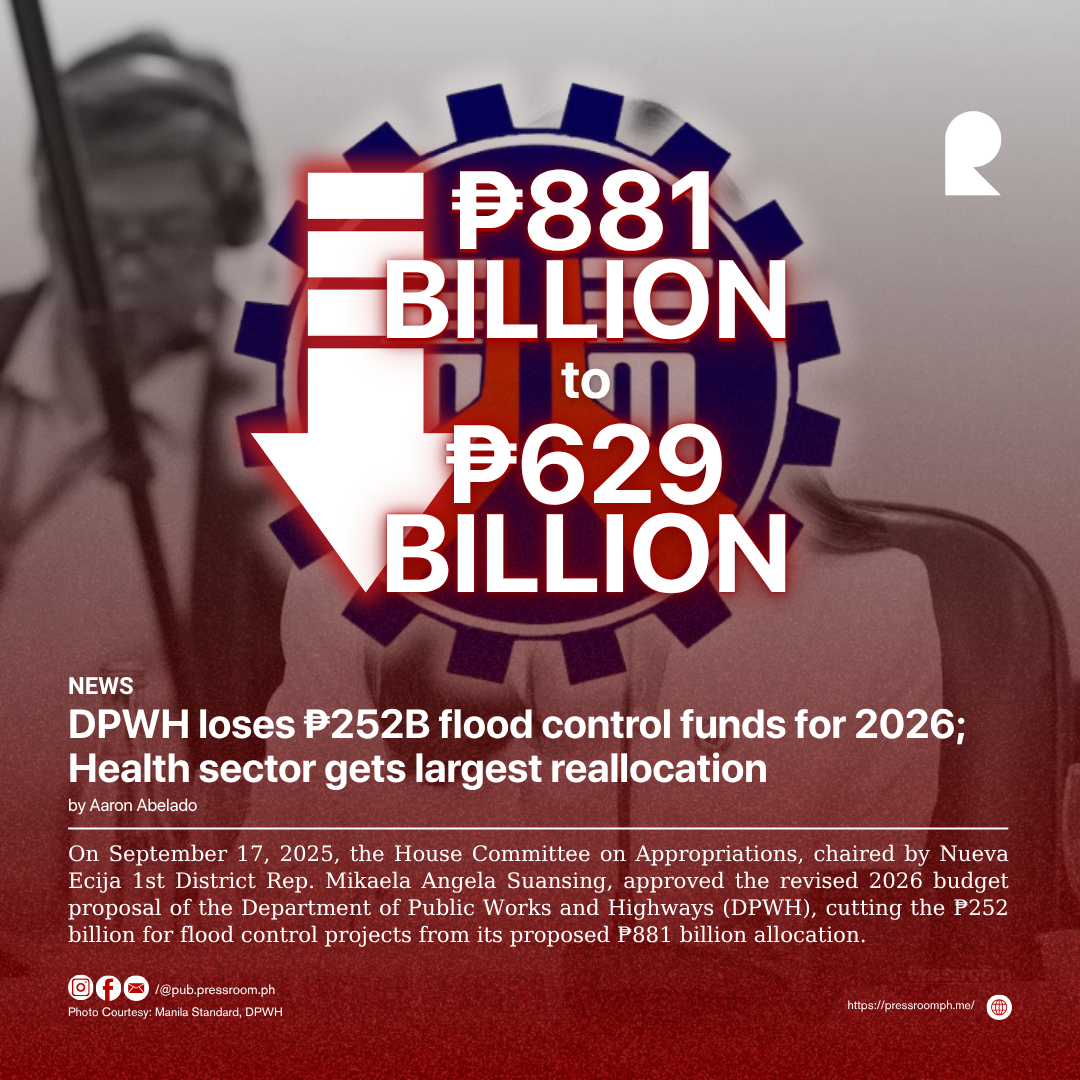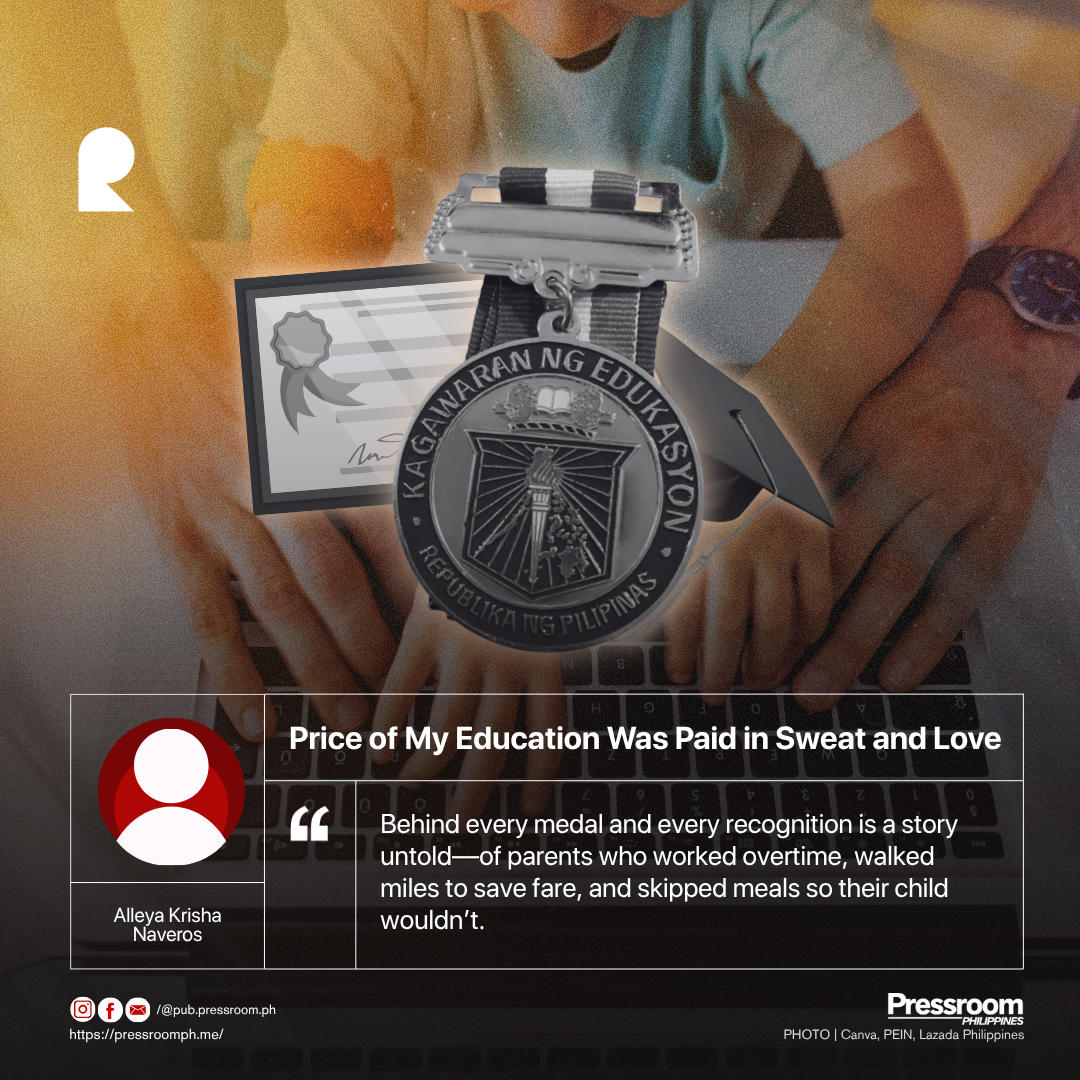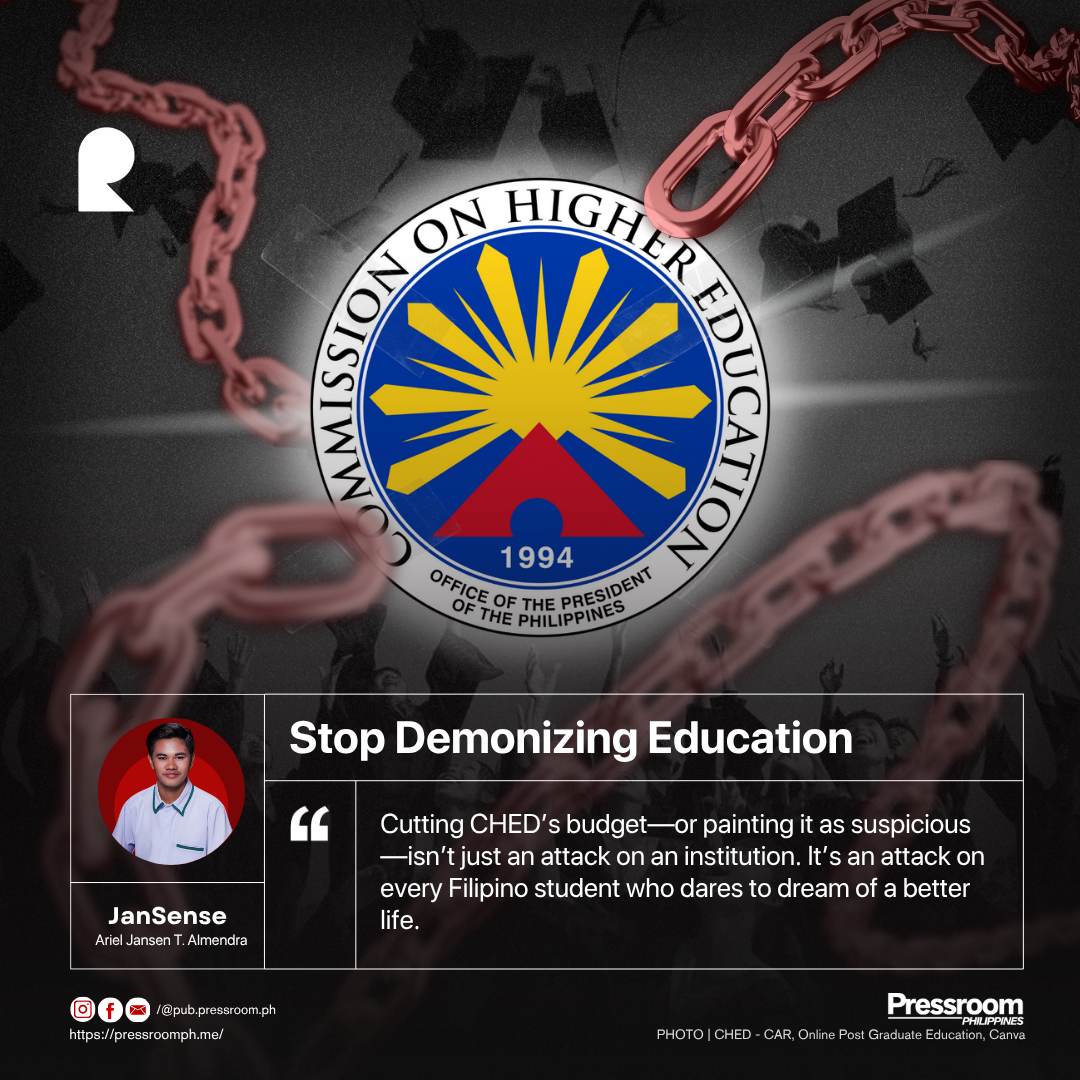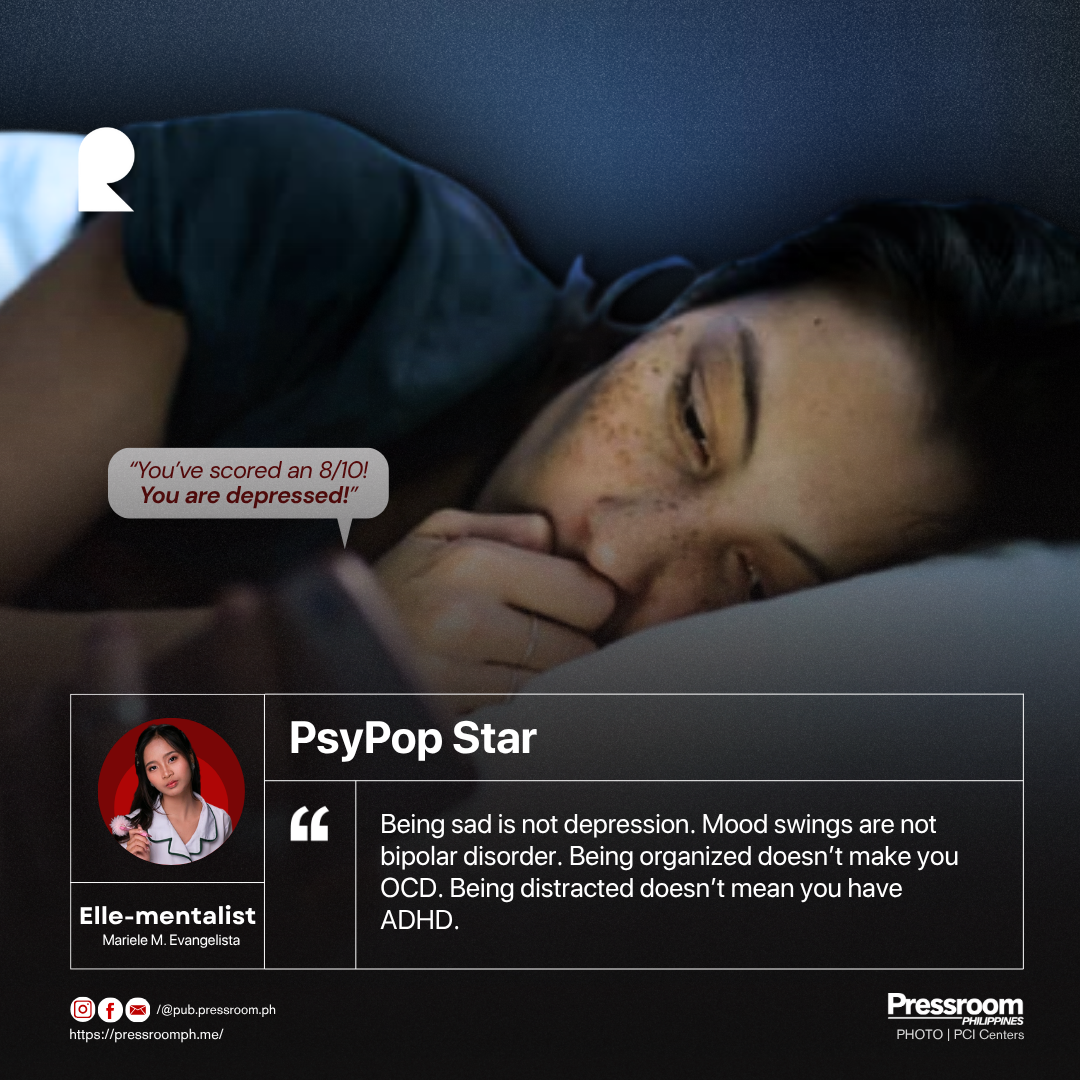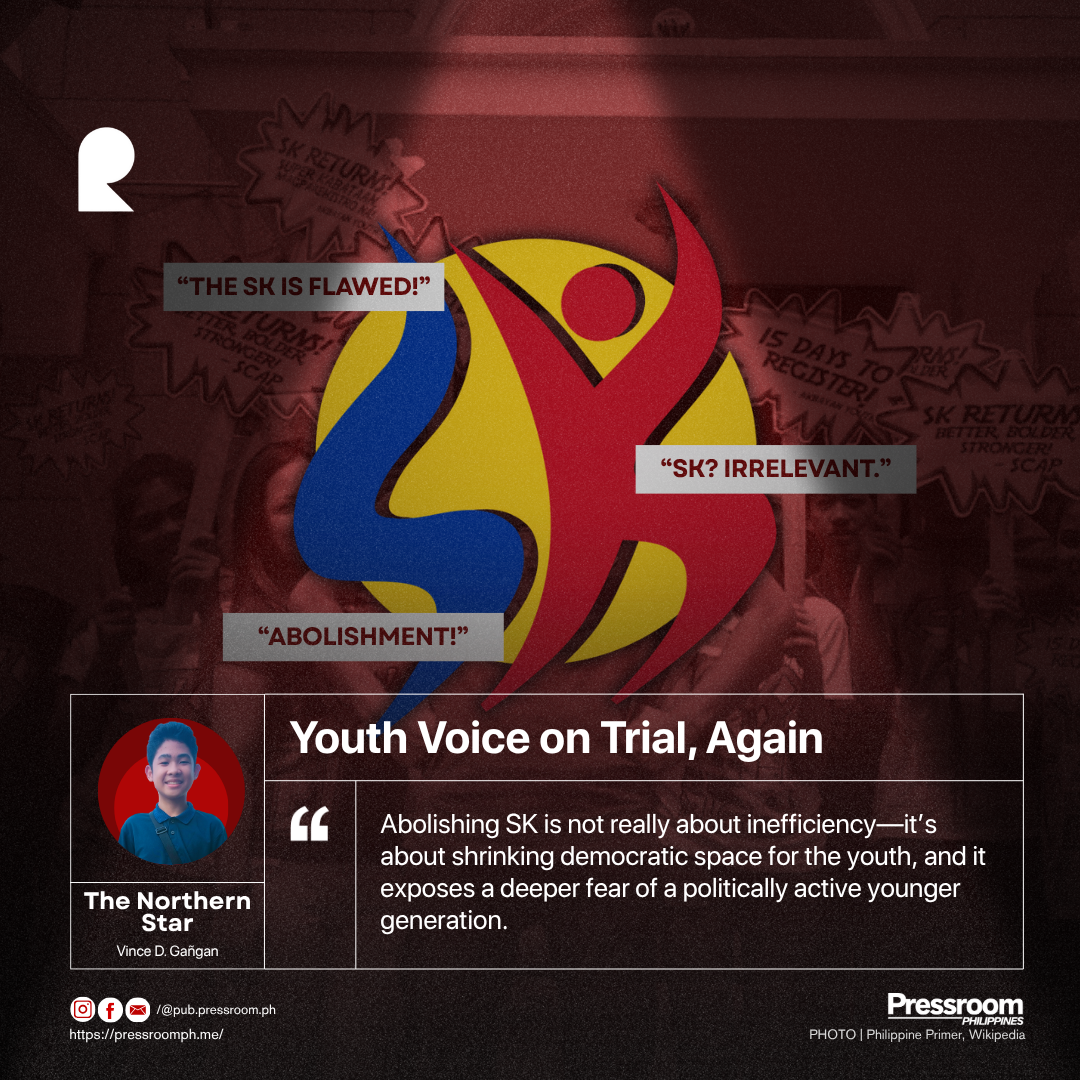Beneath the pleas of the Filipinos, stories of the victims of the recent rally have been overpowered. Many talk about how inspirited the people finally are toward pressing against corruption, too much in fact, to the point where the acknowledgement of its flaws are lacking—and it is nothing to shrug about. Several were injured, many were rushed to medical care, and one was reported dead amid the continuous rally. One—just one. Just one? The movement was of good will, however, these cases cannot help but raise the question: has the rally even been worth it?
I clearly see the urgency that this rally intends to resolve. Filipinos have long been ignored by their superiors, and even today, simply stating that “we are being heard” is not reassuring. I believe bureaucratic or professional actions have far been useless and outdated for addressing corruption. It is like those TV series where feedback letters go straight into paper shredders.
On the contrary, I can’t help but ask: why the few uprising for the victims of the rally? Why not question the risks of pursuing the rally? What truly is our goal here, and how can we assure that the past circumstances will be worth the purpose?
Social media has been filled with celebrities being praised for their bravery in standing up against this corrupted constitution and the marginalized who, behind what seems like ridiculous activism, unfold tragic cries. But what I concerningly find lacking in today’s motion is the revelation of what is problematic with how we act in communion.
A strong—yet subtle—sense of neglect for the negative effects of the recent rally is what I am observing. Rallies are not stigmatized for no reason. They bring a very powerful risk to those who do intend good. I do not want to offer worry, but the risk of mass murder is very out there. It is not a mere intrusive thought. And when the police are busy striving for that complete tolerance, who knows what illegal activities lurk in the shadows of the uproar?
It has reached a point where even our fellowmen are being subject to pain they most likely did not even sign up for. When will we begin to question the precautions that must be taken in such uprising? Aren’t we doing this to free the people of suffering? So why is it influencing the occurrence of the very thing we are against? Why is it silencing the voice of others?
If we really want to convince the government that this is the solution to all of our problems, it should resonate without conflict. We must disprove the impression of rallies being merely a violent and meaningless reaction and instead let it stand as a united call that spells out shared values—mutual intents that show we are one. And while I believe this desire is somewhat being shaped by the current activity, it definitely isn’t without its major flaws.
During these trying times, we must not only account for how we should undertake said difficulty but also consider how we could protect the safety of our activists and what little firm infrastructure we can conserve. I am gravely aware that activism and terrorism shout very distinct calls to action, but as my ears catch the faint agony of the few who have unnecessarily fallen or hurt, I cannot help but feel that there are victims of the rally whose cries have been shrouded by the uproaring voices of the mass.
